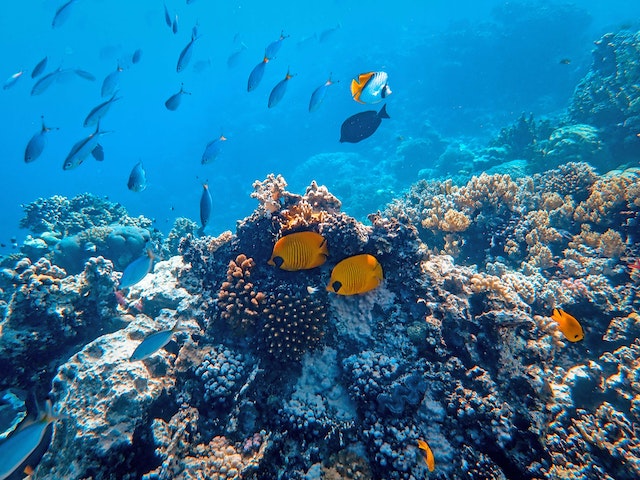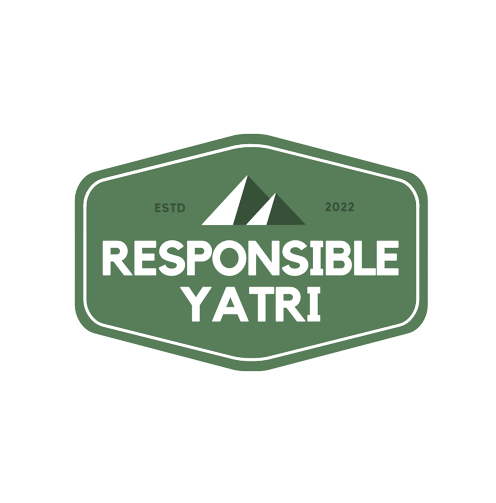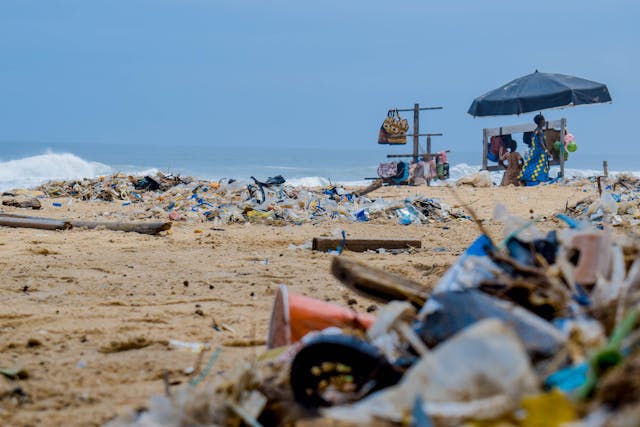We at #ResponsibleYatri back nature positive tourism is all ways. Nature positive tourism is a way with which it advances, protects and preserves the wildlife, nature and habitats. It is a way to support and preserve our planet’s natural spaces in its most natural form. To explain it in simple language, it means that the way you travel does not harm the nature and it’s specifies in any way. The biodiversity needs to be preserved. Most of us travel for leisure and it is okay. After all, tourism industry contributes to 10.3% of world’s GDP. But we really need to travel the way, so that it doesn’t hurt the biodiversity.
But why should be care about biodiversity?
Because it is in crisis. Since 1970, the wildlife population have decreased to two-thirds resulting in making many species rare and extinct. Not just this, our natural resources are also getting effected to a point that it is getting scarce.
And obviously, climate change is real!

Nature positive tourism is not just about wildlife safaris and jungle camping but includes all types of tourism like city visits, beach trips, hiking in the mountains et al.
In a news report published by TOI on 17 June 2022, it was clearly mentioned that amid tourist rush, Shimla, a hill station in Himachal Pradesh, faced an acute shortage of drinking water. Because of this, locals had to shut their shops and face loss in business. There are a restriction imposed on tourists visiting the place.
We need to start changing the way we plan our holidays. If we don’t start today, our future generations will have nothing left to see!
How is tourism effecting environment?
Tourism has a huge impact on environment. This is mainly because humans displace from place to place and do not care to follow the rules of the nature. Not just the tourists, but even the industry people are responsible for climate change and bad effect on the environment. Here are the factors that you must know:
THE USE OF LAND:
One of the main reasons is the use of lands. Many hospitality groups cut trees and wipe forests in order to make a good hotel or a resort. The nature-rich lands are often ruined by construction and even after that, when humans visit the create pollution of all sorts.
POLLUTION:
Yes! Pollution is created even when you ride a privately-hired bike for 1 person or do barbecue amidst forest and throw the trash there. Even the back to back honking creates massive pollution. There was a report published in 2021 commission by local residents in Amsterdam which showed how the cruise ships idling their engines in port was equal to 31000 extra trucks driving within the city. Not just this, even the sewage and waste water from hotels have damaged the coral reefs. The list is endless when it comes to pollution.
CLIMATE CHANGE:
We keep on saying, ‘climate change is real’ and how! Droughts are frequent, floods have become common, deserts are experiencing rainfall and rainy areas are facing dry days. With the rise in temperature, there is less snow on the mountains and polar areas.
OVER-EXPLOITATION:
Tourism puts too much pressure whether in the form of supply of water, usage of electricity and the demand for various energies. Roads after often built after cutting the trees, stretched through delicate coral reefs that get damaged. Even the wildlife around the area is severely affected.
These were just a few factors how tourism effects the environment. The only way to back nature positive tourism is to travel responsibly and give 100% efforts to reduce our carbon footprints. We cannot really do anything about the buildings and complexes that are already made but what can really be done is that these industry leaders adapt sustainable ways and eco-friendliness in order to compensate the damage made to the environment.
We shall continue to bring more information to you. Requesting you to share this article on your social media in order to make people aware about the climate and environmental crisis.





